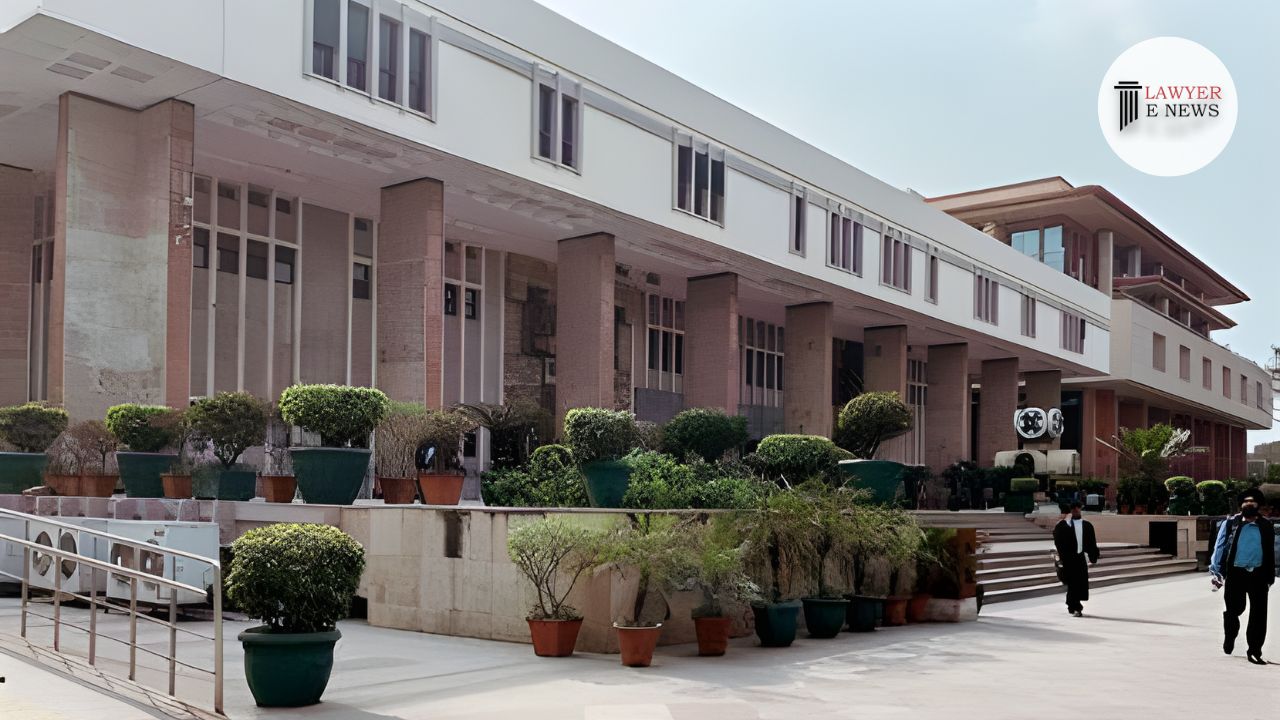-
by Admin
15 February 2026 5:35 AM



The Delhi High Court has directed the Union of India to reconsider the request of the Aam Aadmi Party (AAP) for temporary office space from the General Pool Residential Accommodation (GPRA). The judgment, delivered by Justice Subramonium Prasad, underscores the entitlement of national political parties to secure temporary office accommodation from the GPRA, despite an acute shortage of government residences.
The Aam Aadmi Party (AAP), recognized as a National Party by the Election Commission of India on April 10, 2023, filed a writ petition seeking a temporary housing unit from the GPRA for office use. AAP’s request for temporary accommodation was based on the Compendium of the Allotment of Government Residences (General Pool in Delhi) Rules, 1963, which allows national political parties to retain or secure one housing unit for office use for three years while constructing a permanent office.
Despite several offers of land in non-central locations, AAP had rejected these offers, insisting on a centrally located plot. AAP also contested the cancellation of Bungalow No. 206, Rouse Avenue, which they had been using as a temporary office. The Supreme Court, in a related order, directed AAP to vacate the bungalow by June 15, 2024, and move the Land and Development Office (L&DO) for alternate land allotment.
Credibility of the Petitioner’s Claim Justice Subramonium Prasad emphasized the legitimacy of AAP’s request, stating, “The fact that the Petitioner is a National Political Party cannot be overlooked.” The court acknowledged that under the relevant guidelines, national political parties have a right to secure temporary office accommodation from the GPRA.
Acute Shortage of GPRA: The respondents, represented by the Ministry of Urban Affairs, argued that the acute shortage of GPRA accommodations made it infeasible to grant AAP’s request. They cited a long waiting list of eligible officers awaiting accommodation due to the redevelopment of seven GPRA colonies.
Rejection of Non-Central Land Offers: AAP’s rejection of the plots offered in Saket was highlighted by the respondents. However, the court deemed this irrelevant to the party’s entitlement to temporary accommodation as a national party. “The fact that the Petitioner has not accepted the allotment of plots for construction of their permanent office is of no consequence and cannot be taken as an argument to deny the Petitioner a temporary accommodation,” noted the court.
The court extensively referred to the Consolidated Instructions for allotment of Government Accommodation to National and State level Political Parties, which state that recognized national parties are entitled to one housing unit from the GPRA for office use for three years. The judgment clarified that the acute shortage of accommodations cannot be the sole reason for denial. “The pressure on the Pool of houses available for allotment to officers has not deterred allotment of houses to other political parties for office purposes,” the court remarked.
Justice Subramonium Prasad stated, “National Political Parties, which have been recognized as such by the Election Commission of India, shall be allowed to retain/secure allotment of one housing unit from General Pool in Delhi for their office use on payment of license fee under FR 45A.”
The High Court’s decision mandates the Union of India to reconsider AAP’s request within six weeks and provide a detailed order if the request is denied. This judgment reinforces the legal framework ensuring temporary office accommodation for national political parties, ensuring equitable treatment in the allocation of government resources.
Date of Decision: June 5, 2024
Aam Aadmi Party vs. Union of India & Anr.
